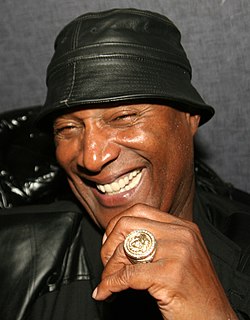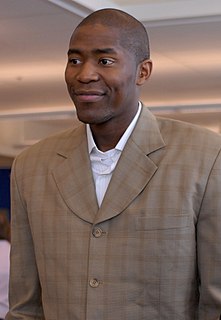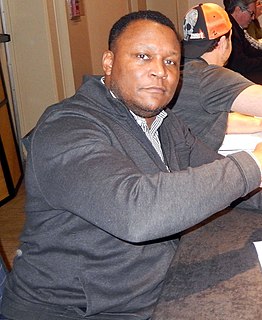A Quote by Tariq Ali
Related Quotes
... we are obliged to produce the truth by the power that demands truth and needs it in order to function: we are constrained, we are condemned to admit the truth or to discover it. Power constantly asks questions and questions us; it constantly investigates and records; it institutionalizes the search for the truth, professionalizes it, and rewards it. ... In a different sense, we are also subject to the truth in the sense that truth lays down the law: it is the discourse of truth that decides, at least in part; it conveys and propels effects of power.
Contingency is rich and fascinating; it embodies an exquisite tension between the power of individuals to modify history and the intelligible limits set by laws of nature. The details of individual and species's lives are not mere frills, without power to shape the large-scale course of events, but particulars that can alter entire futures, profoundly and forever.
Confession frees, but power reduces one to silence; truth does not belong to the order of power, but shares an origincal affinity with freedom: traditional themes in philosophy, which a political history of truth would have to overturn by showing that truth is not by nature free--nor error servile--but that its production is thoroughly imbued with relations of power. The confession is an example of this.
Our work has only begun. In our time we have an historic opportunity to shape a global balance of power that favors freedom and that will therefore deepen and extend the peace. And I use the word power broadly, because even more important than military and indeed economic power is the power of ideas, the power of compassion, and the power of hope.




































